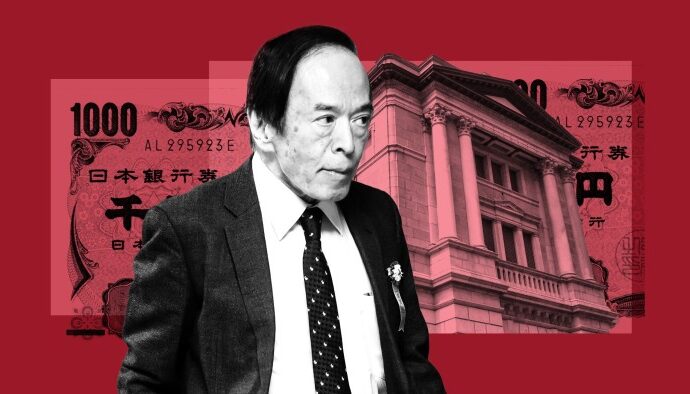
“I’M AMERICAN WHEN I’m in the US, and I’m Chinese when I’m in China.” So Eileen Gu, a gold-medal-winner for Team China at the Beijing Winter Olympics, replied when asked if she was still an American citizen. Ms Gu, born and raised in America, is a superstar in China. But many Chinese are puzzled. China does not recognise dual nationality. Questions about whether she holds two passports have fuelled debate about whether China should change its strict citizenship rules.
Ms Gu’s case is not unusual at the Olympics, which end on February 20th. Zhu Yi, a figure-skater, was also born and raised in America. Most players in China’s men’s ice-hockey team are foreign-born. The International Olympic Committee says that Ms Gu acquired Chinese nationality in 2019 and that China’s Olympic body produced a copy of her Chinese passport. But it is unclear whether she has renounced her American citizenship, or if China has allowed her not to. Like most rich countries, America allows dual nationality.
The issue has become important for many people in China. Millions of Chinese have moved abroad and many have gained foreign citizenship; others have acquired it by making investments. By law, this results in automatic forfeiture of Chinese citizenship. But many people keep quiet about their foreign nationality to avoid having to give up their citizenship rights. Having a Chinese identity card—available only to citizens—makes living and working in China much easier.
China once regarded ethnic Chinese living abroad as its nationals. But this led to suspicion in other countries about their loyalties. In the 1950s the policy changed. In 1980 a new law banned dual citizenship. Media occasionally air suggestions that the ban be lifted. In 2018 Zhu Zhengfu, a prominent lawyer, said it was fuelling an exodus of talent. “Acquiring foreign nationality cannot be equated with being unpatriotic,” he said.
But there are many Chinese who wonder about that. In 2009 there was anger over reports that several actors in a patriotic movie, “The Founding of a Republic”, were China-born holders of foreign passports. People fume about pop stars and others whom they accuse of breaking the nationality law. Many express support for the current legislation. If China were to allow dual nationality, they argue, it would make it easier for people to make corrupt money in China and then disappear abroad with it.
Some dual nationals trembled when, in 2017, China began taking the fingerprints of foreign passport-holders entering the country. There was speculation that this would make it easier to crack down: people’s prints could be matched with ones linked to Chinese identity documents. In 2018 the Chinese embassy in London warned that those who had renewed their Chinese passports after securing foreign citizenship could be barred from China. But if there is any flexibility, it seems to apply mainly to ethnic-Chinese foreigners with a shot at gold. ■
This article appeared in the China section of the print edition under the headline “Two passports, one problem”
The Economist

